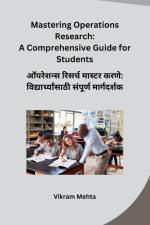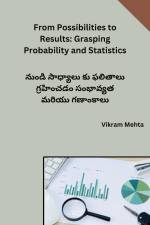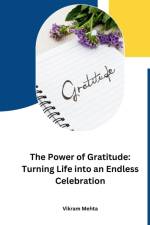av Vikram Mehta
399,-
Operations Research and Decision Making: An IntroductionIn our daily lives, we are often faced with situations where we need to make decisions, big or small. Sometimes, we make small choices like what to eat or where to go, while other times, we need to make decisions on serious matters like business, health, or policy. At such times, we try to consider all sides of the issue, gather information, and select the best option. However, the consequences of these decisions can often be far-reaching, and making a wrong decision can lead to losses.This is where operations research (OR) can help us. OR is a scientific discipline that uses mathematical modeling, data analysis, and optimization techniques to select the optimal or best option when faced with limited resources. It helps us make informed and data-driven decisions, even in uncertain situations.Definition of OROperations research is a scientific discipline that uses analytical techniques, mathematical modeling, and optimization methods to make optimal decisions for individuals, groups, organizations, or society. It uses systematic methods to make objective and data-driven decisions by making the best use of available limited resources.OR ApplicationsOR has a wide range of applications in a variety of fields, including:· Business: OR is used to improve efficiency, productivity, and profitability in businesses. For example, OR can be used to optimize production schedules, inventory levels, and transportation routes.· Healthcare: OR is used to improve the quality of care and efficiency of healthcare systems. For example, OR can be used to allocate resources, plan staffing, and develop treatment protocols.· Government: OR is used to improve public policy and decision-making. For example, OR can be used to allocate funding, plan transportation systems, and manage disasters.



